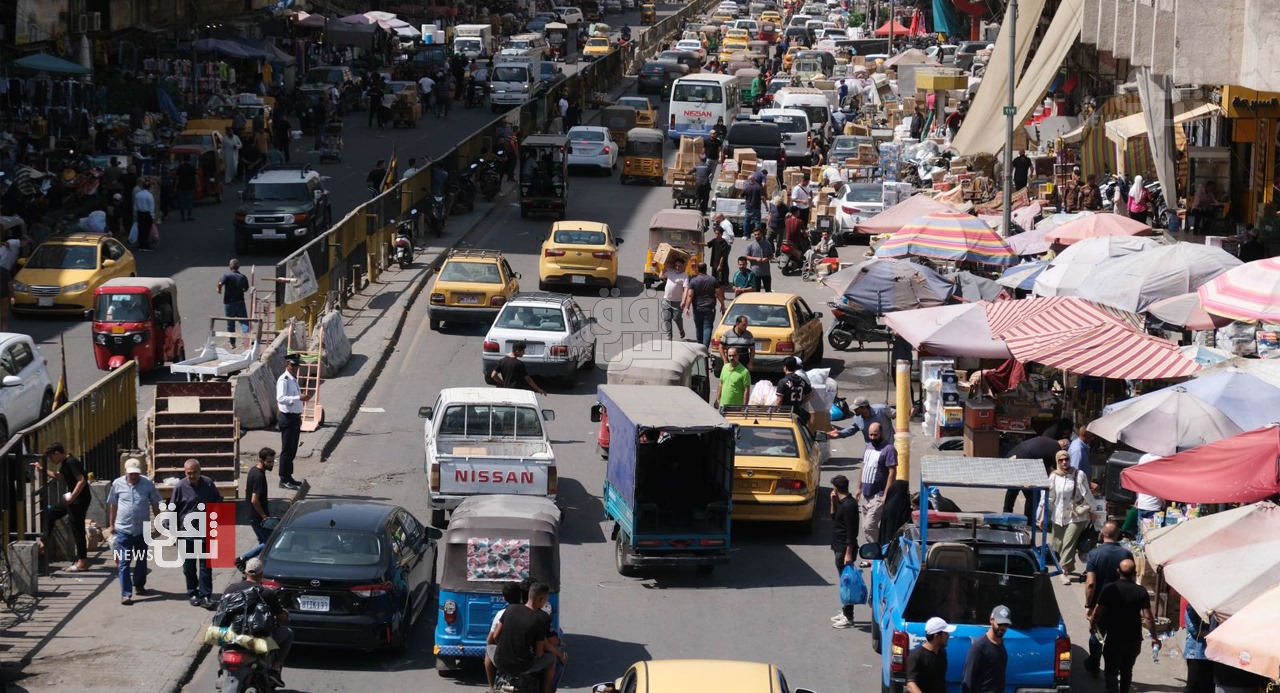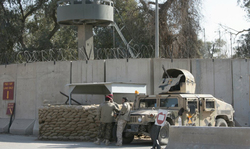Moody affirms Iraq's Caa1 ratings

Shafaq News/ Moody's Investors Service (Moody's) last week affirmed Iraq's long-term issuer ratings at Caa1 as it maintains a stable outlook.
The rating affirmation reflects Iraq's economic, fiscal and external dependence on the hydrocarbon sector, resulting in significant exposure to oil price volatility and carbon transition risks, a Moody report said.
"Very weak institutions and governance constrain policy effectiveness, the government's capacity to respond to domestic and external shocks, and the economy's competitiveness," it added.
Deep political fragmentation, Iraq's susceptibility to geopolitical tensions, and growing social pressures from high youth unemployment and inadequate access to basic services also expose Iraq to political event risk.
"The outlook is stable," Moody's report continued, "higher global oil prices have driven a significant turnaround in Iraq's fiscal and external accounts, supporting public debt reduction and a marked recovery in the Central Bank of Iraq's (CBI) foreign exchange reserve position to record highs."
The "expansionary" triennial budget and limited reform momentum are expected to underpin a "steady renewed deterioration" in fiscal metrics and further entrench Iraq's structural vulnerabilities.
Iraq's local and foreign currency country ceilings remain unchanged.
"The local currency country ceiling at B3, one notch above the sovereign issuer rating, reflects heavy reliance of the economy on a single revenue source, very high political risk and highly unpredictable institutions."
The foreign currency country ceiling at Caa1, one notch below the LC ceiling, incorporates some albeit relatively modest transfer and convertibility risks, which "stem from the track record of weak fiscal policy effectiveness balanced by a relatively low level of external indebtedness and robust foreign currency reserves."
Across Moody's global sovereign universe, Iraq remains one of the hydrocarbon producers most exposed to carbon transition risks in view of the dominance of oil in government revenue and exports as well as limited capacity to adjust, the consequence of institutional, social and political obstacles to reform.
Notwithstanding Iraq's vulnerability to declines in oil demand and prices, credit mitigants are present through the favourable composition of government debt, the significant recovery in the CBI's foreign-exchange reserve position, and a contained amortisation profile for external debt in the next few years. "These factors limit the likelihood of a default on privately held external government debt in the near future, even in the absence of access to the international capital markets."





